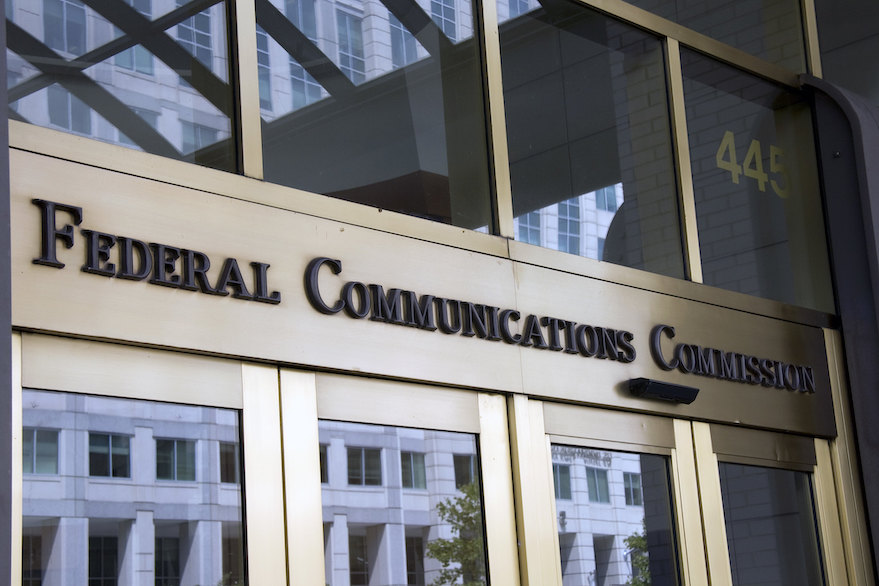TAMPA, Fla. — The Federal Communications Commission adopted new rules April 20 governing how fixed-satellite service operators in non-geostationary orbit (NGSO) share spectrum amid an unprecedented flood of proposed constellations.
In the first item taken up by the regulator’s recently established Space Bureau, the rules clarify how operators awarded licenses in different FCC application processing rounds must avoid interfering with each other.
Operators approved in later processing rounds must coordinate with — or show how they will protect — their predecessors under the new measures.
However, to encourage innovation and support market entrants, these protections for a first-mover will be phased out 10 years after the first NGSO FSS system receives a license in a subsequent processing round.
“Now the first movers will enjoy the advantage they’ve earned by daring to think big and take on that risk, but they won’t be able to hold on to that regulatory privilege forever,” FCC chair Jessica Rosenworcel said in a statement.
“This will open our skies to more competition.”
Later-round systems must submit interference analysis based on a degraded throughput methodology, which is based on a system-level perspective that considers nuances such as weather.
The regulator is seeking public comments on the “appropriate values and assumptions” to be used under this methodology, and the interference thresholds that NGSO FSS systems approved in later rounds must adhere to.
For all NGSO FSS licensees, the FCC has also introduced measures to encourage them to coordinate their systems “in good faith,“ including information-sharing.
“Under our old framework, there was an incentive to refuse to coordinate with your competitor and block them from entering the marketplace,” Rosenworcel said.
“Today we fix that. We clarify that it is the responsibility of all parties to coordinate in good faith and to exchange the information with each other that is necessary to ensure the shared spectrum resources used by satellite systems can accommodate new innovation and new ideas.”
The reform follows a petition to clarify or revise spectrum rules from SpaceX, which secured a license for its in-service Starlink NGSO constellation in the FCC’s 2016 NGSO FSS processing round.
SpaceX did not respond to a request for comment on the new rules.
Julie Zoller, head of global regulatory affairs for Amazon’s proposed Project Kuiper NGSO system, described the revised rules as “an important step” for fostering more innovation and competition between operators.
“While there is more work to do, we are pleased that the Commission is modernizing its rules and prioritizing pro-competition reforms for the space sector,” Zoller said in a LinkedIn post.
Amazon secured a license for Project Kuiper in the FCC’s 2020 processing round.
The FCC, which officially established its Space Bureau April 11 with the task of modernizing space regulations, recently said it is working through applications for more than 60,000 new satellites.
